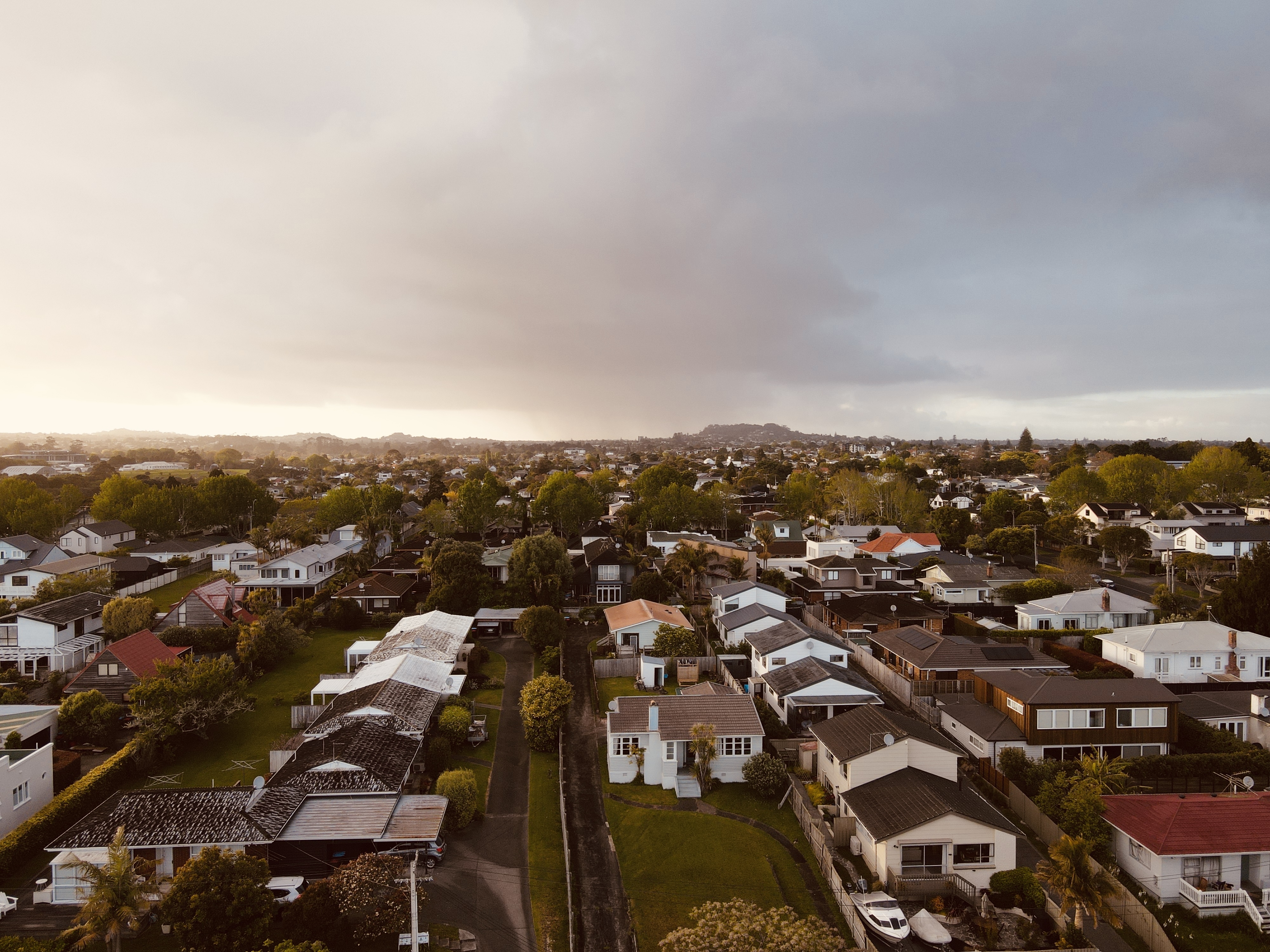In a cross lease property, exclusive use areas are portions of the land designated for the exclusive use of one or more of the cross leaseholders. Cross lease exclusive use areas are typically outlined in the cross lease documentation and can vary from property to property.
Cross leaseholders should thoroughly review their cross lease documentation to understand their rights and responsibilities regarding these areas. Additionally, any changes or alterations to exclusive use areas may require the consent of all cross leaseholders and should be documented to avoid disputes in the future.

If you are planning new construction within your exclusive use area, it is recommended to consult with Civix. We have a team of experts who can guide you to ensure you have a clear understanding of the exclusive use areas in your cross lease property.
Cross Lease Exclusive Use Complete Guide
Exclusive use areas grant certain rights and restrictions to specific cross leaseholders so they can use and maintain those areas as if they were their own, even though the land is collectively owned.
Here are some common examples of exclusive use areas in a cross lease property:
● Gardens and Yards: One cross leaseholder can have exclusive use of a particular garden or yard area for gardening, landscaping, or recreational purposes.
● Parking Spaces: Some cross lease properties allocate exclusive parking spaces to specific units, ensuring that each unit has designated parking.
● Courtyards or Patios: Exclusive use areas can include courtyards or patios attached to a particular unit, providing private outdoor space.
● Accessways: A property owner with a cross lease title might have exclusive use of a driveway or accessway leading to their unit, ensuring unobstructed access to their property.
● Storage Units: In some cases, storage sheds or units may be designated as exclusive use areas for specific cross leaseholders.
● Balconies or Decks: Exclusive use rights may extend to balconies or decks, allowing the cross leaseholder to use and maintain these areas exclusively.
● Common Facilities: Certain facilities within a multi-unit complex, such as a swimming pool or a gym, may be designated as exclusive use areas for the residents of specific units.
Changes In Cross Lease Exclusive Use Areas
In New Zealand, changes to exclusive use areas in a cross-lease property can have various implications, both legal and financial. Here are some implications to consider when making changes to cross-lease exclusive use areas in New Zealand:
Practical Implications
● Be clear about the ongoing maintenance and responsibilities for the changed exclusive use areas. Ensure that these are documented and agreed upon among all cross-leaseholders.
● Consider how the changes may affect access to other parts of the property and the rights of other cross-leaseholders. Ensure that the changes do not impede or infringe upon the rights of others.
● In case of disagreements or disputes among cross-leaseholders regarding the changes, understand the dispute resolution mechanisms outlined in the cross-lease agreement or seek legal advice for resolution.
● If you plan to sell your property, potential buyers may have concerns or questions about the changes made to the exclusive use area. Be prepared to provide documentation and information to address their inquiries.
Legal Implications
● Changes to exclusive use areas may require the consent of all parties involved in the cross-lease agreement. This often involves reaching an agreement with other cross-leaseholders and obtaining their written consent.
● Compliance with local zoning and building regulations is also essential as per cross lease legislation. Depending on the nature of the changes, you may need to obtain permits from the Auckland council.
● Any changes to exclusive use areas should be documented legally. It's common to create a deed of variation that outlines the details of the changes and is signed by all parties involved.
● Changes to exclusive use areas may require amendments to the property titles to reflect the new arrangements accurately.
Financial Implications
● The costs associated with making changes will be shared among the cross-leaseholders. This can include the cost of obtaining permits, legal fees, construction costs, and ongoing maintenance expenses.
● Changes to exclusive use areas can impact the value of individual properties within the cross-lease arrangement. It's essential to consider how these changes may affect property values and resale potential.
● Check with your insurance provider to ensure that the changes are adequately covered and do not affect the property's insurance.
Also remember that the exclusive use areas are often drawn to follow features such as the edge of a concrete drive or fences. Over time, driveways may undergo reinstallation, and fences could be replaced or altered, which can pose challenges when it comes to remarking the property boundaries. At this time, you need help from licensed Cadastral surveyors like Civix to redefine your boundaries via cadastral surveying, update the cross lease agreement, and make it approved by LINZ.
Remember that the specific process can vary widely based on the property type and location.
Contact us today to learn more about cross lease properties.